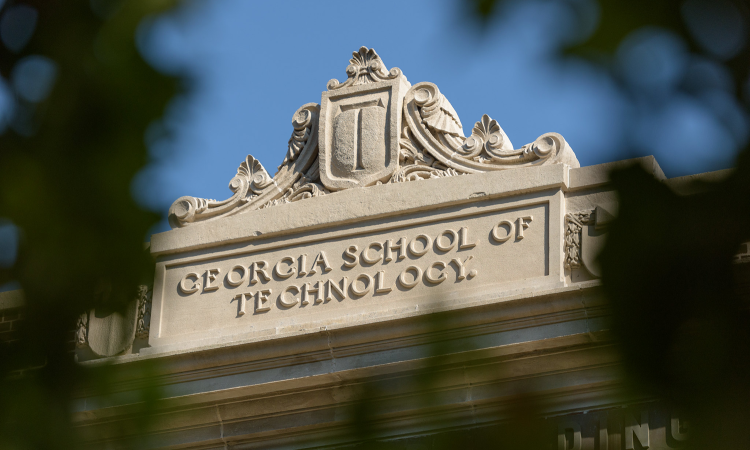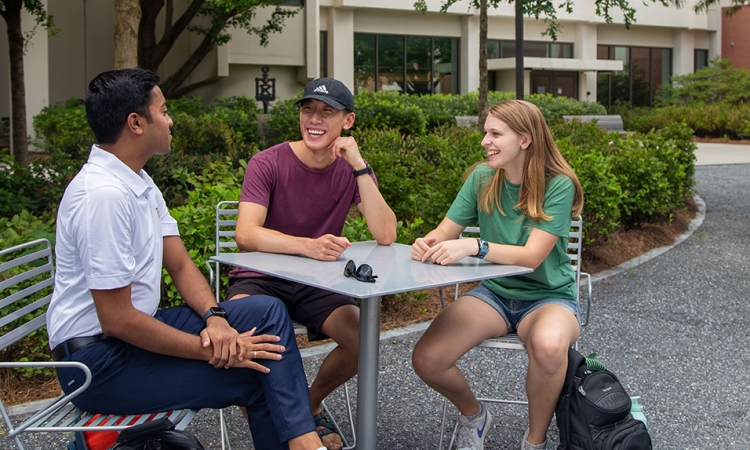Ph.D. Programs
Our six doctoral degree programs enable students to pursue their educational goals and serve as launching points for a wide variety of academic and career destinations.
Master's Degree Programs
With options for traditional and interdisciplinary study, our master's degrees include advanced study in a professional discipline within civil and environmental engineering.
BS/MS Degree Program
Students in the BS/MS program are able to compress the time required to earn a bachelor's and master's degree by taking graduate-level coursework that can be applied toward both degrees.
Explore Our Research
Our researchers collaborate with industry, government agencies, and universities to conduct research that is significant on a local, national, and global scale.
Frequently Asked Questions
Looking for more information about applying to grad school? We've compiled a list of our most frequently asked questions to help you complete your application.
Contact Student Services
Reach out to an academic advisor to help you navigate degree requirements, specialization options, and get the most out of your time at Georgia Tech.






